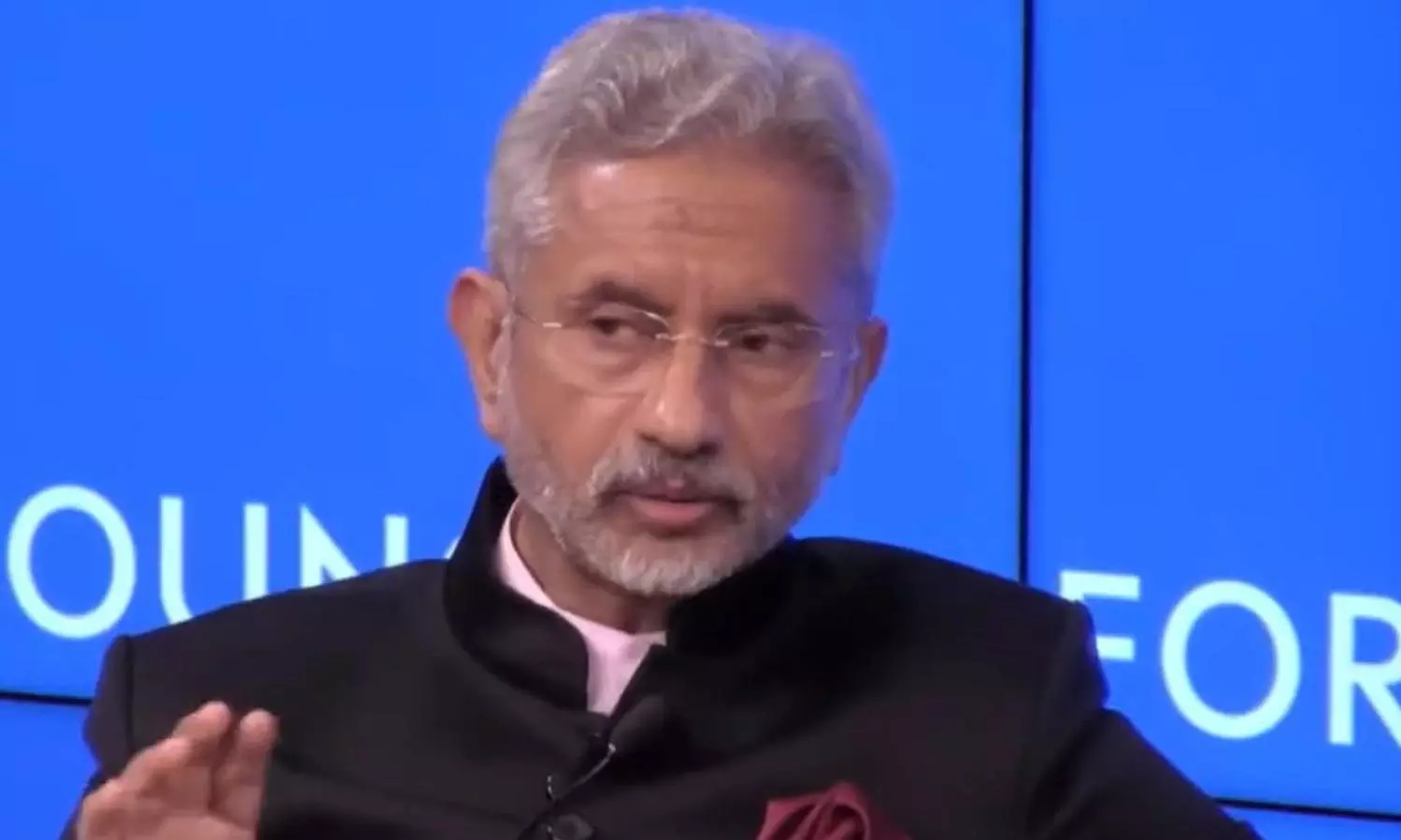
Had concerns about constant interference, invoked parity: Jaishankar on Canadian diplomats' exit
The external affairs minister said the India-Canada relationship right now is going through a difficult phase

Union Minister of External Affairs S Jaishankar on Sunday said there was interference in New Delhi’s affairs by Canadian personnel. He said this while explaining the downsizing of Canadian diplomatic presence in the country.
Canada has already withdrawn 41 of its diplomats from India. “Parity is very much provided for by the Vienna Convention, which is the relevant international rule on this. In our case, we invoked parity because we had concerns about continuous interference in our affairs by Canadian personnel,” Jaishankar said, rejecting the idea that India had violated the Vienna convention on diplomatic relations.
He made these comments at an event in New Delhi, days after Canadian Prime Minister Justin Trudeau said that the Indian government's crackdown on Canadian diplomats was making normal life difficult for millions of people in both countries.
“The relationship right now is going through a difficult phase. But I do want to say the problems we have are with a certain segment of Canadian politics and the policies which flow from that,” said Jaishankar.
Canada is home to some 770,000 Sikhs, who make up about two per cent of the country's population, with a vocal minority calling for creating a separate state of Khalistan. The Sikh separatist movement is largely finished within India, where security forces used deadly force to put down an insurgency in the state of Punjab in the 1980s.
Around two million Canadians, 5% of the overall population, have Indian heritage. India is by far Canada's largest source of global students, making up for roughly 40% of study permit holders.
‘No danger too distant’
Delving into geopolitical upheavals the world is witnessing, Jaishankar said any expectation that conflicts and terrorism can be contained in their impact is no longer tenable. He said the ripple impact of what is taking place right now in the Middle East is still not entirely clear.
The external affairs minister said the consequences of various conflicts in a globalised world spread far beyond immediate geographies while citing the impact of the Russia–Ukraine war.
“In different regions, there are smaller happenings whose impact is not inconsequential,” he said. Talking about the challenge of dealing with various forms of violence, Jaishankar said, “There is also the less formal version that is very pervasive. I am speaking about terrorism which has long been honed and practised as a tool of statecraft.”
“The basic takeaway for all of us is that given the seamlessness of our existence, any expectation that conflicts and terrorism can be contained in their impact is no longer tenable,” the foreign minister said.
"A big part of this is clearly economic, but do not underestimate the danger of metastasis when it comes to radicalism and extremism,” he added.
No danger is too distant anymore, Jaishankar noted.
(With agency inputs)

